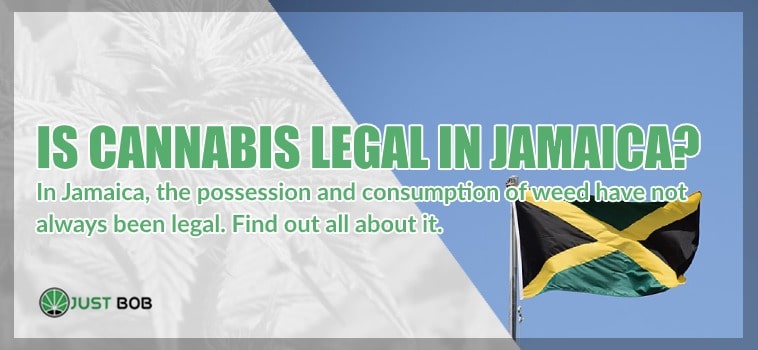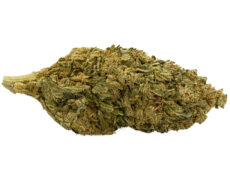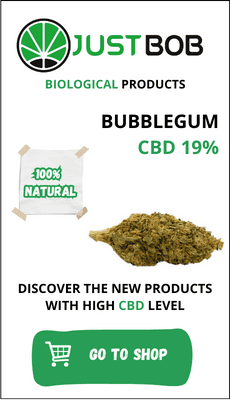Modified on: 19/04/2024
IN JAMAICA, THE POSSESSION AND CONSUMPTION OF WEED HAVE NOT ALWAYS BEEN LEGAL. FIND OUT ALL ABOUT IT.
Jammin ‘, jammin’ … Jamaica, for many, is the destination of dreams: reggae music, enchanting beaches and of course, CBD weed.
The truth, however, is that we must retrace the long history of this Caribbean island to know its period of closure and prohibition that characterized it for so long (1913-2015); and which ended with indeed more liberal laws, in force all ‘today.
-
 SMALL & BIG
SMALL & BIGBUBBLEGUM
Indoor | CBD – CBDA<22%
Starting from:EASTER SALE -10%
1,25CHF1,10CHF/gGrams3 5 10 20 50 100 -


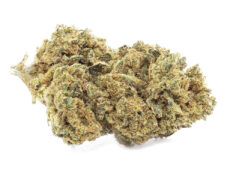
DO SI DOS
Starting from: 2,00CHF/gIndoor | CBD – CBDA < 19%
Grams3 5 10 20 50 100 -


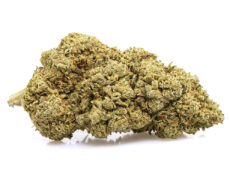
ROYAL GG#4
Starting from: 2,30CHF/gIndoor | CBD – CBDA < 40%
Grams3 5 10 20 50 100 -


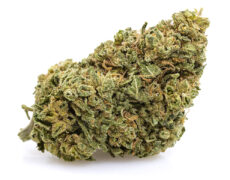
GORILLA GLUE
Starting from: 2,90CHF/gIndoor | CBD – CBDA < 20%
Grams3 5 10 20 50 100
To explain the marijuana situation in Jamaica, let’s start with a bit of history.
The “first cannabis ” in Jamaica.
The history of the Caribbean island is characterized above all by oppression and slavery suffered by the British Empire. Cannabis, however, was imported by Indian servants from the mid-nineteenth century.
The first cannabis seeds from India will, therefore, be the ones that will give way to a thriving culture of the CBD cannabis plant. Thanks to the fusion between these two civilizations, the herb will become popular, especially among the humblest classes.
It has been estimated that consumption is quite high among men, women and children belonging to rural castes: 70% used grass; although many studies show that, even today, its use has spread wider than before.
The influence of India in Jamaica is also evident. From a careful analysis of the term “Ganja”, we can see that it comes from Sanskrit origin, and it can be translated, precisely, as “hemp“.
Read also: The Cannabis Cup in Amsterdam
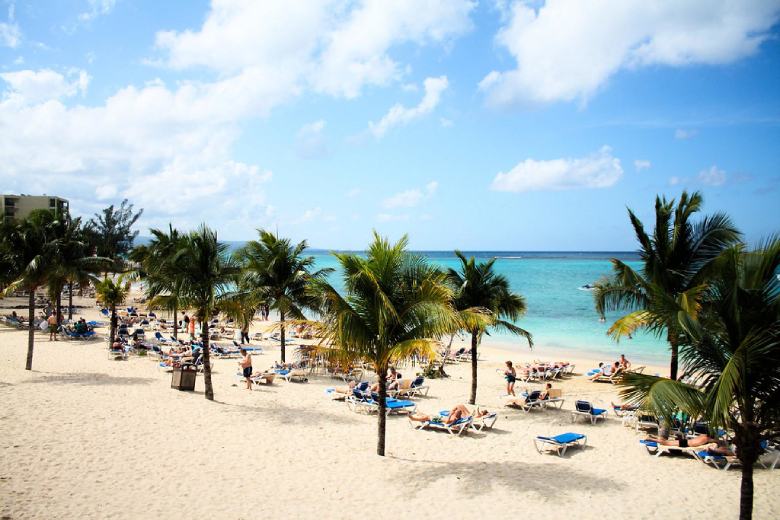

The birth of Rastafarian culture in Jamaica.
The consumption of marijuana and CBD Buds in Jamaica is consolidated since 1920 when a group of religious began to profess their creed, the Rastafarianism, on the island.
This movement originates in Ethiopia from the Emperor Ras (“head”) and Tafari (“the honoured”). The emergence of this new culture was followed by the consolidation of that of cannabis, considered fundamental during religious ceremonies.
The Rastafarians, in fact, during meditation or the so-called “reasoning sessions” smoke in a circle the “holy” herb to generally discuss moral issues. One of the most interesting characteristics of these functions is that the passage of marijuana is done counterclockwise to get in touch with “Jah”; the only God they worship.
The use of weed is not only related to the ability to alter the mind, but according to devotees of Jah worship, it can lead to more profound hope. There is no shortage of rites marked by dance, music and smoke whose purpose is to celebrate the benefits of the herb itself.
It is also intriguing that Rastafarians consider cannabis to be a part of the tree of life mentioned in the Bible, believing that weed is a tool for gaining greater knowledge of themselves, the universe and God.
Hence, it is the vehicle that leads to cosmic knowledge.
This movement celebrates wisdom and self-control, so it is opposed to any form of drunkenness.
One can not fail to mention Bob Marley, a giant of reggae music who promoted the religion of Rastafari through his songs, developing the concepts of “peace and love” to combat political and racial oppression.
Read about ganja in Jamaica.
Until recently, against all belief, CBD Flowers of marijuana were illegal in Jamaica. All this resulted not only in stiff penalties for those who used it but increased an intense hatred towards Rastafarians and their lifestyle.
We remember, in fact, the event of 1963 known as “bad Friday” when the government arrested about four hundred people devoted to Rastafari.
After years of prohibition, in 2015, new regulations were issued that sanction decriminalization for personal medical or religious use — a real step forward for the Caribbean island.
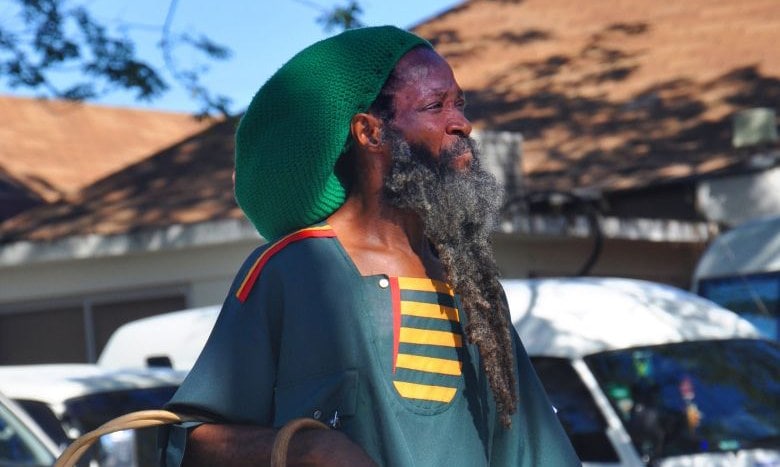

It is possible to have grass with you to consume it personally (you must not exceed two ounces, that is, 56 grams) and grow a maximum of 5 plants per house.
Even the consumption of ganja during religious rites, for the first time, was considered legal.
The most significant change with these new laws is that medical marijuana is now legal. To obtain it, as in Switzerland and other states, you need a prescription.
Another activity that we foreigners can only do in Jamaica is a tour of a the CBD Flower of marijuana field!
These rules are seen as supports to the nascent cannabis industry. It can only help the country’s economy, regarded as one of the main pretenders of the square in a future global market.
Read also: Amsterdam & marijuana: what are the regulatory differences with Europe?
The popularity of cannabis in Jamaica.
The home of reggae has been recording an increasing number of cannabis users since 1970. All this is due, of course, to the spread of Rastafarianism and to the music of Marley (not surprisingly our company is called JustBob !) Or Peter Tosh, who openly praised their love for this plant.
Over time, cannabis consumer clubs have sprung up whose purpose is to provide good quality ganja to local consumers.
This market helps to guarantee not only the high quality of production but is closely linked to the benefits that could be obtained from the legalization of marijuana.
Despite the legislative situation now present in Jamaica, the inhabitants may struggle to subvert the case again and make the country free, as they dream of it and as tourists have always imagined it.


